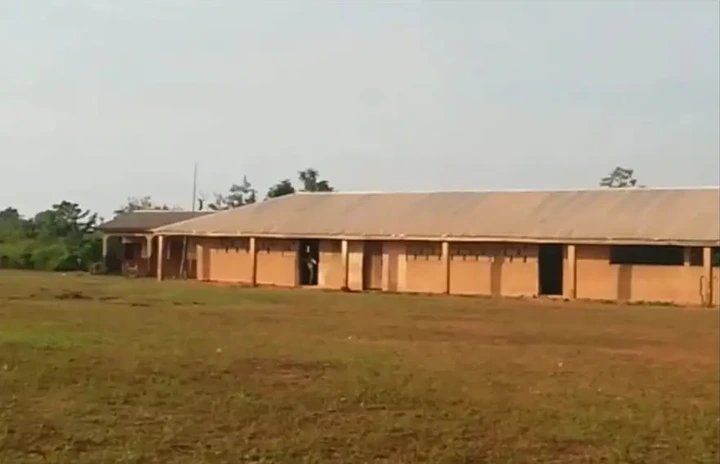Train Children in Agriculture, Not Just Nursing and Law – Asuo Pamoo Fetish Priest Tells GES
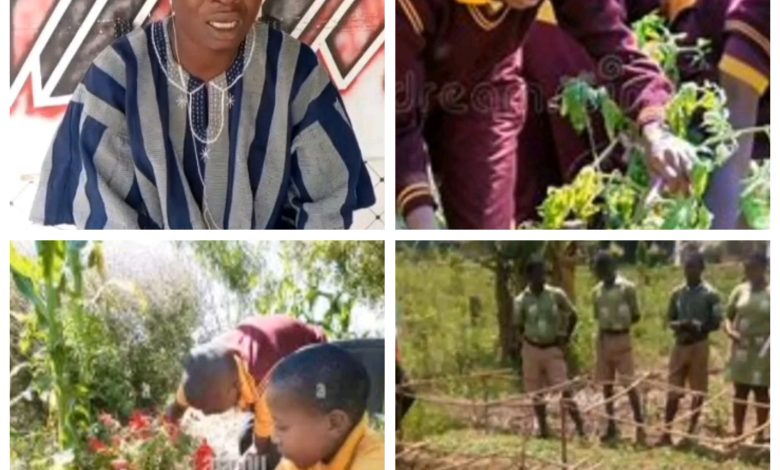
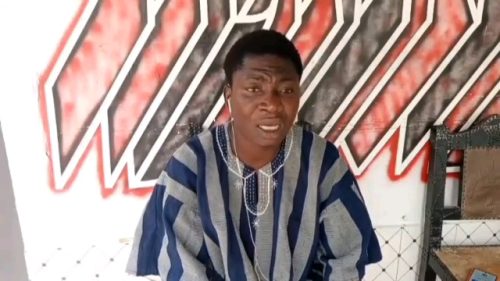
Nana Baffour Gyau, the Fetish Priest of the Asuo Pamoo Spiritual Home located at Abofrem in the Atwima Mponua District of the Ashanti Region, has made a strong appeal to the Ghana Education Service (GES) to introduce practical agricultural education at the basic school level. According to him, the current education system overly emphasizes professional careers such as nursing, law, and medicine, leaving students without the hands-on skills necessary for self-employment.
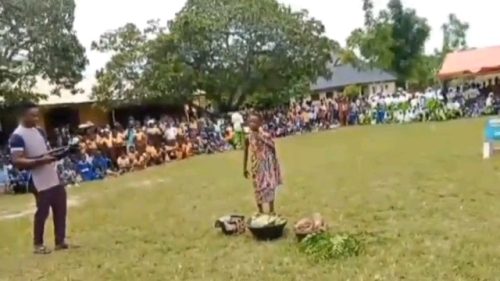
Speaking at the 2025 Inter-Schools Cultural Festival for the Ahyiresu Circuit under the theme “Cultural Education: Empowering the Youth to Preserve Our Culture,” Nana Baffour Gyau criticized the prevailing mindset among schoolchildren who aspire solely to white-collar professions, despite the increasing unemployment rate in those sectors. “Every child wants to be a nurse, doctor, or lawyer today. But we have so many trained nurses in their homes right now, still waiting for government posting. How long can the government keep up? Why not teach our children how to farm from an early stage so they can be independent and feed the nation?” he questioned passionately.

He noted that Ghana is blessed with fertile lands and abundant natural resources, yet the youth are not being trained to take advantage of these opportunities. According to the fetish priest, incorporating agriculture into the school curriculum, not as theory but with hands-on practice, would build a generation of self-reliant, entrepreneurial farmers. “When children learn how to grow crops and rear animals in school, they will grow up with the confidence and skill to start farms of their own. This will reduce unemployment and ensure food security,” he stated.
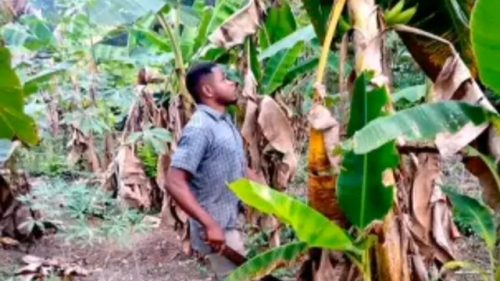
Nana Baffour Gyau also used the opportunity to caution against the widespread use of agrochemicals, warning that the over-reliance on synthetic inputs is gradually destroying the land. “The chemicals we are using are killing our soil. If we are not careful, a time will come when our land will not be able to grow anything again. Let us go back to the organic methods our ancestors used,” he said.
He called on the Ministry of Agriculture to increase its engagement with farmers and enforce regular monitoring to promote sustainable farming practices.
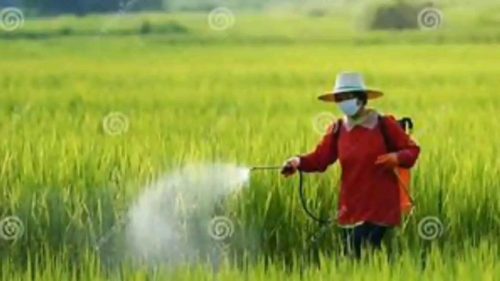
On the cultural front, the traditional leader lamented the decline of Ghanaian cultural values in the school system. He blamed the growing influence of Christianity for this shift, arguing that it has sidelined traditional customs and practices that once formed a strong part of the educational experience. “It is very sad that many children today do not even know their own culture. Everything traditional is now labeled as idol worship. But how can we teach our children their identity if we take away the gods and stories that shaped us?” he asked.
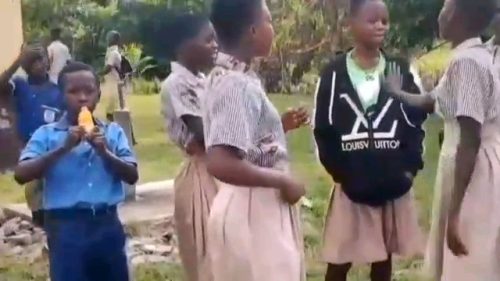
Nana Baffour Gyau emphasized that preserving culture should not be seen as a threat to religion, but rather as a way of keeping Ghana’s history and identity alive. He urged GES to prioritize the integration of both agricultural training and cultural studies in the curriculum to create a balanced and practical educational system.

The cultural festival brought together students, teachers, traditional authorities, and education officials across the Ahyiresu Circuit. Activities included traditional music, drumming, poetry, dance, and storytelling aimed at promoting indigenous values among the youth.

Nana Baffour Gyau’s remarks have since sparked conversations within the district on the importance of aligning education with local realities, and the need to equip future generations with both practical skills and cultural awareness.





